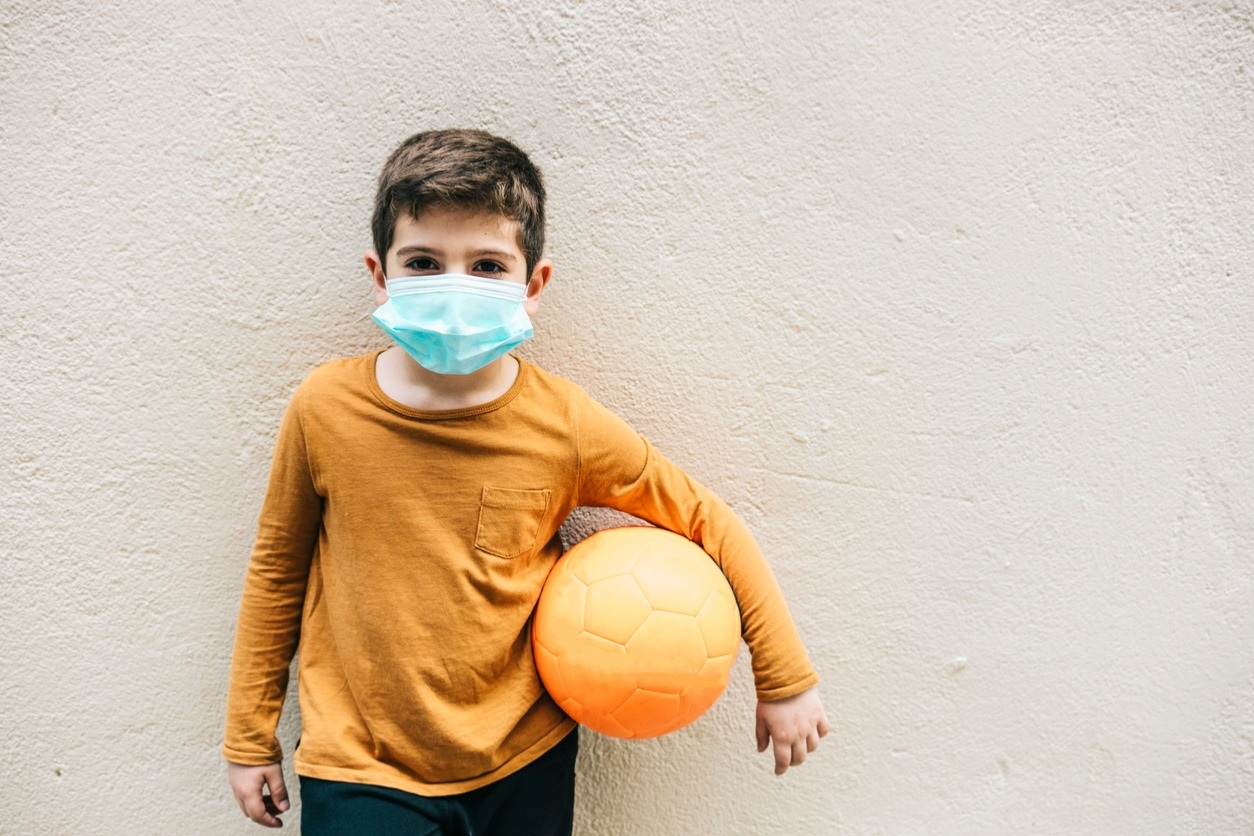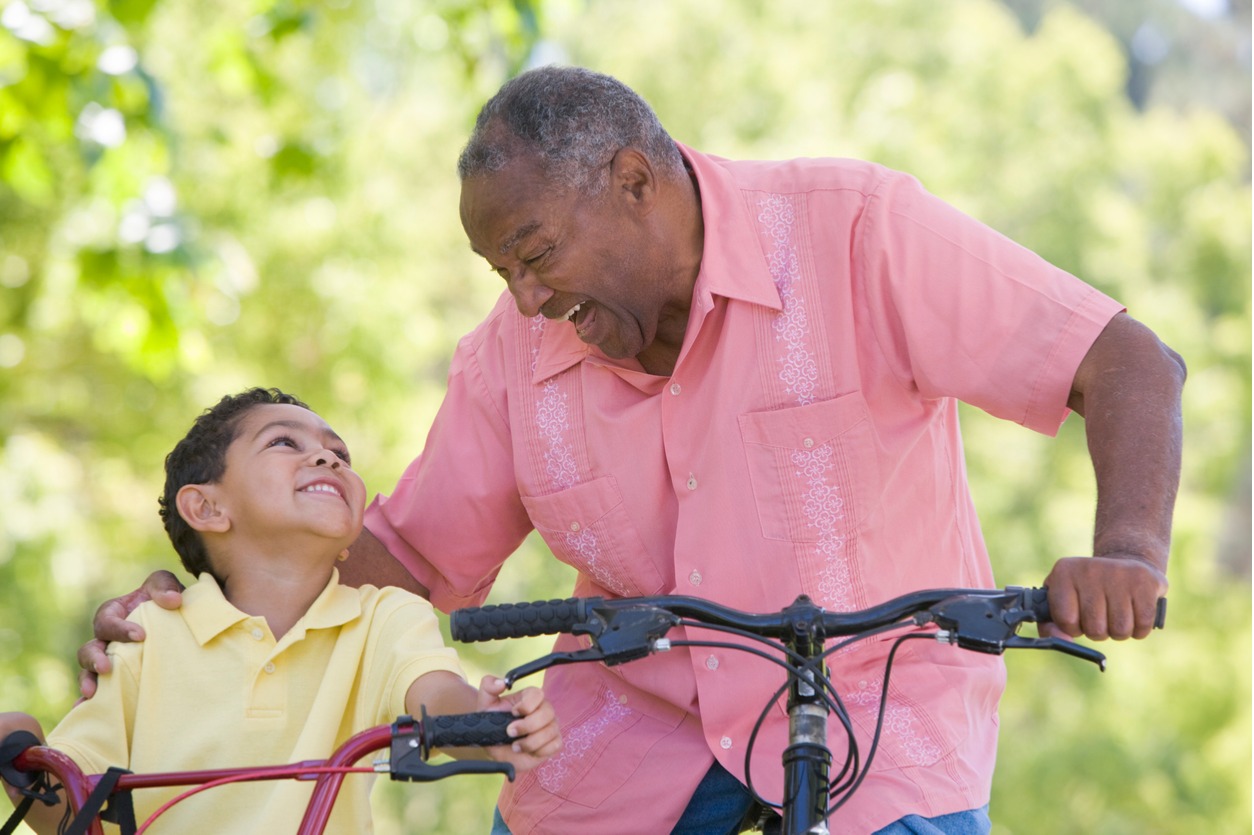Challenging Harmful Messages about Body Weight and Shape While Supporting Children's Health

Written By: Alyssa M. Button, PhD; Bridget K. Biggs, PhD, LP; Helena H. Laroche, MD
Myths and negative assumptions about body size and weight bias are prevalent in society, contributing to negative treatment of people based on body weight or shape. These experiences can lead children, adolescents, and their parents feeling blamed when, in fact, much of what determines size is beyond their control.
Bodies come in many shapes and sizes. Growth is determined by multiple things, including biology (genetics, hunger and fullness messaging), environment, and habits. We live in an environment that promotes weight gain through ease of access to highly processed foods, higher cost of healthier foods, advertisements for foods high in fat and sugar directed towards youth, promotion of sedentary lifestyles, lack of sleep, high stress, and chemical exposure among many other factors.
Dismantling Weight Bias
Although youth of all sizes can experience weight-related bias, youth with higher body weight are more likely to experience weight-based discrimination, bullying, and victimization by peers and family members. Parents whose children are teased and/or are sensitive about their weight, self-conscious about their appearance or engaging in physical activity, who seem to be sad or down, and even who are bullying others, should consider whether or not their child may be experiencing negative treatment related to size and/or “buying into” societal messages about what is a “good” body shape. Parents can, and should, help their children and families to fight back against weight bias and sustain habits to promote health and prevention of chronic disease.
By understanding your own inherent biases, you can be better prepared to challenge assumptions and prevent the spread of harmful messages. Because we all get exposed to myths and assumptions about weight, we are all likely to have some degree of weight bias in our thoughts and attitudes. These are negative ideas and preconceived notions that we have based on cultural norms and ideals, messages in the media, personal experiences, and more.
Supporting Health at Any Size
Weight biases are often automatic, shaping how we perceive others in ways we may not even be aware of. Many parents themselves have experienced unfair treatment due to weight. It’s important to reflect on the messages that you’ve received about weight and body shape, how it’s made you feel, and how it has shaped your actions and reactions.
For example, a common biased assumption you may have learned is that people with larger bodies are unhealthy and gained weight because of personal choices. Believing these messages might prompt feelings of guilt and shame and actions of dieting to lose weight. Challenging these assumptions could include learning the facts (e.g., people can have habits that promote health at every size) and by committing to balanced eating and joyful movement rather than extreme and unhealthy attempts to lose weight.
Parents can discuss their health-related concerns with their child in a way that does not focus on weight, body shape, or size. These conversations can focus on the benefits of healthy habits (“taking care of our bodies”), rather than physical appearance. For example, we can focus on movement that is fun, how activity during the day helps us sleep better at night, and how eating a nutritious snack gives us energy for the afternoon.
Help your family to adopt healthy habits by taking small steps to improve nutrition, get better sleep, and increase physical activity together as a team, such as having your child help to choose low-energy/high-nutrient options at the store, starting a bedtime routine without screens, or finding a fun activity to do as a family like roller-skating around your neighborhood.
Creating Healthy Body Image and Self-Esteem
Parents are role models. You can challenge weight bias in the words that you use by avoiding and correcting negative language like fat or obese, and focusing on health, energy, and how the body can function instead of size or appearance.
Be mindful of the ways that you speak about yourself and others. Are you critical of your appearance, or do you speak to your child about ways that your body is strong? Do you compliment a good friend on their weight loss, or mention instead how their laugh brightens your day? Similarly, parents can promote positive self-esteem in their child by pointing out their positive qualities, helping them to identify and participate in activities that boost their confidence, and by providing exposure to positive examples of people with diverse body types.
Finally, it is important for parents to teach their children that weight bias is wrong and unacceptable. This can be done through pointing out harmful messages in public and in the media, and by providing clear expectations for respectful and kind language. Jokes and weight-based teasing are in fact, not harmless and can be damaging to one’s esteem and self-image.
By having open discussions, promoting healthy habits for joy, health, and well-being, and setting expectations for respect for all, we can work together to address and reduce weight bias.
More Articles

Tips for Parenting Healthy Habits in Kids with Mental Health Challenges
Getting daily movement and enough sleep can meaningfully improve kids’ mental health. Small, manageable changes can help develop life-long healthy habits that can make mental health conditions much more manageable.

Keeping Kids Active during COVID-19
The COVID-19 pandemic has made it challenging for parents to limit their children’s screen time and encourage physical activity. Learn tips and tricks to engage kids in physical activity when access to typical activities is restricted.


